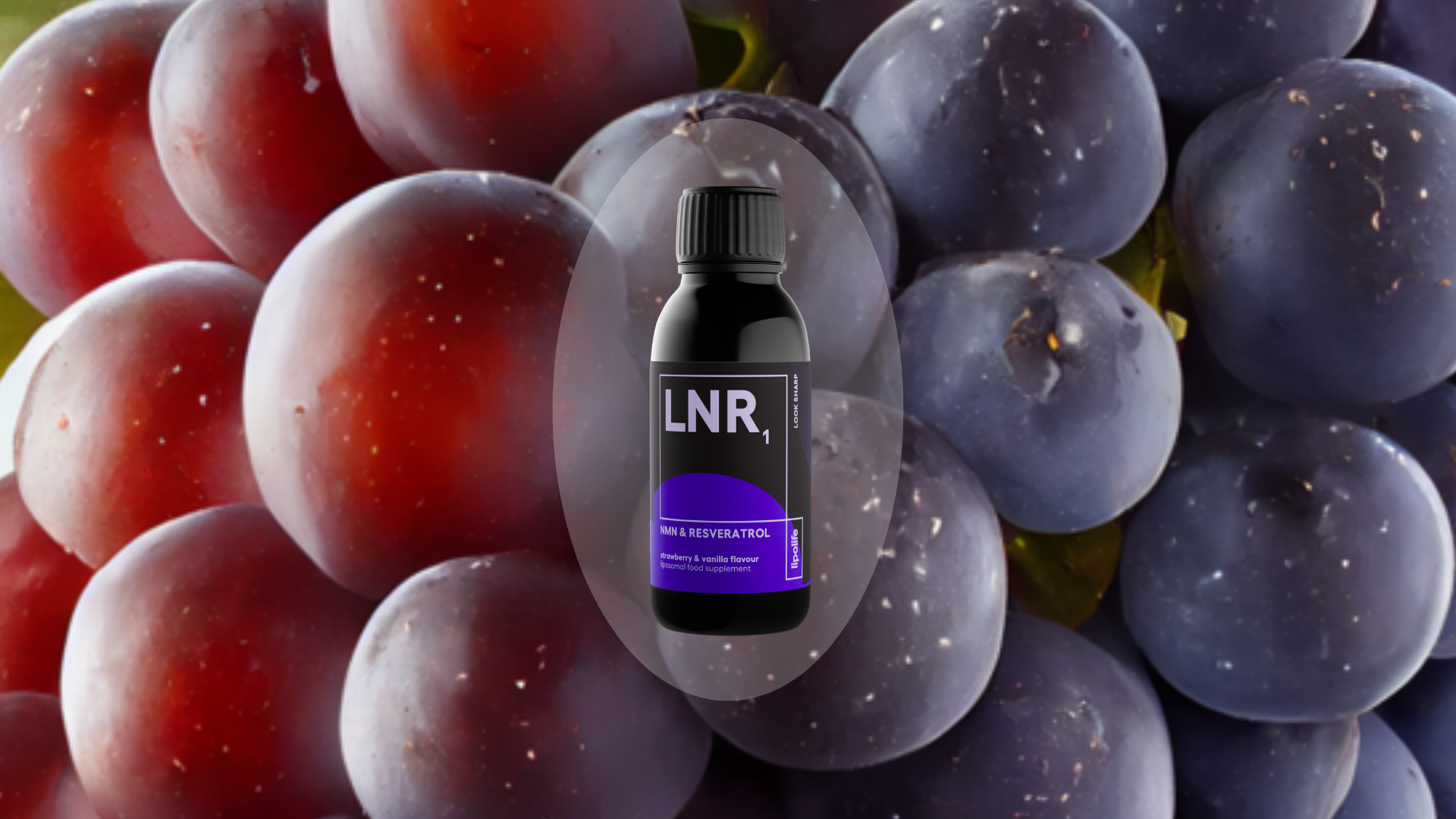How liposomal supplements work: 3 common misconceptions to avoid
Date

There are many reasons you might want to take vitamin or mineral supplements. For instance, did you know that official government guidance is that everyone in the UK should take vitamin D supplements during the autumn and winter months? This is because the sunlight in the UK isn’t the right wavelength for our skin to produce its own vitamin D during this time! But, even if you are taking supplements, how do you know that they’re actually doing their job and not just… well… going in one end and out the other?
At lipolife, our aim is not only to provide you with the best supplements to help you with your health and well-being, but also with transparent and scientifically backed information about vitamin and mineral supplementing so that you’ve got the information you need. That’s why, in 2012, we became the first commercial producer of liposomal supplements in Europe – because they are incredibly effective. Our research shows that our liposomal LVC2 Vitamin C has a rate of absorption that is over 200% greater than standard oral supplements! That’s also why we carry out our own research, partner with universities, academics, and clinical professionals, and analyse the claims being made about liposomal supplements on your behalf. We also analyse actual liposomal supplements on the market for you. Did you know that some supplements claiming to be liposomal don’t actually contain any liposomes at all?
Dr. Hanan Abdalmaula, Chief Formulation Scientist at lipolife, says,
“[N]ot all supplements are created equal. In some cases, people will be unknowingly buying supplements… which contain a tiny portion of what is stated on the label. People deserve better, and we need to build trust in the supplement industry by helping the public identify good quality products. Products that will genuinely help them achieve their health goals”.
Here are three misconceptions to bear in mind when buying liposomal supplements. But before we get into that, you need to know how liposomal supplements work in the first place…
How do liposomal supplements work?
A large proportion of a standard oral supplement – sometimes as much as 80-90% – can be broken down by the digestive system and excreted without ever doing you much good. But liposomal supplements have a much greater rate of absorption. Liposomes are tiny, nano-sized bubbles made of phospholipids and containing the vitamin or mineral being supplemented. Phospholipids are also found naturally in the body in cell membranes and the lining of the stomach. This means that the body recognises the phospholipids which liposomes are made of and allows them – and the vitamin or mineral they are carrying! – to enter the circulation and be absorbed directly into cells in the body. The vitamin or mineral is then released into the cell. The phospholipids also protect the supplement as it passes through the stomach. This way far less of the supplement is wasted and it can actually help you in the way it’s supposed to!
“It’s all about better bioavailability when vitamins and nutrients are taken as a liposome,”
says Mohammad Najlah, Professor of Pharmaceutics and Nanomedicine, Lead of Anglia Ruskin University’s Pharmaceutical Research Group, and Chief Scientist at lipolife. But while liposomal supplements might have greater bioavailability than standard supplements, not all liposomal supplements are created equal either… and some of the claims or assumptions being made about them just aren’t true. Here’s what you need to be aware of.
3 common misconceptions to avoid when buying liposomal supplements
- THE THICKNESS OF THE LIQUID DOESN’T HAVE ANYTHING TO DO WITH HOW MANY LIPOSOMES IT CONTAINS
A product can be thick without containing a high concentration of liposomes. Likewise, a product can be thin, or watery, while still containing a high concentration of liposomes! Whether or not the product is ‘thick’ is to do with the liquid itself. For instance, the thickness or viscosity of a liquid is hugely affected by the addition (or not) of thickening agents. Commonly known thickening agents include gelatin and cornstarch. So whether or not your liposomal product is thick or thin doesn’t necessarily have anything to do with its liposome content.
- IF YOU’RE SWALLOWING IT, A SUPPLEMENT CAN’T AVOID THE DIGESTIVE SYSTEM – OR BE DIGESTED IN A COUPLE OF MINUTES
Any oral product must go through the digestive system. There’s no avoiding it. And it can’t be digested in a matter of minutes. Transit time through the stomach is one to two hours, at which point the nutrient reaches the intestine where absorption takes place. Once absorbed, the nutrient is released and reaches systemic circulation to exert its therapeutic effect.
- ALL PLASTIC BOTTLES ARE UNSAFE FOR CONTAINING LIPOSOMAL SUPPLEMENTS
It is important to make sure that the container your supplement comes in is safe. This doesn’t mean you have to avoid plastic altogether. The process of chemical migration or leaching of plastics into food is dependent on the type of plastic used, contact time, temperature, food type, and the contact area between the plastic container and the food. We use PET bottles. There are no chemical phthalates or bisphenol A (BPA) in PET plastic. PET plastic does not leach these substances. PET plastic is approved as safe for food and beverage contact by regulatory agencies throughout the world and has been for more than 30 years.
You can read more analysis of market claims here or ask us to test a liposomal supplement from another company to find out if your supplements are doing all that they claim to do. At lipolife, we’re committed to your health and well-being and we’re using science to help us do it.
Ready to start taking supplements that do the job?





